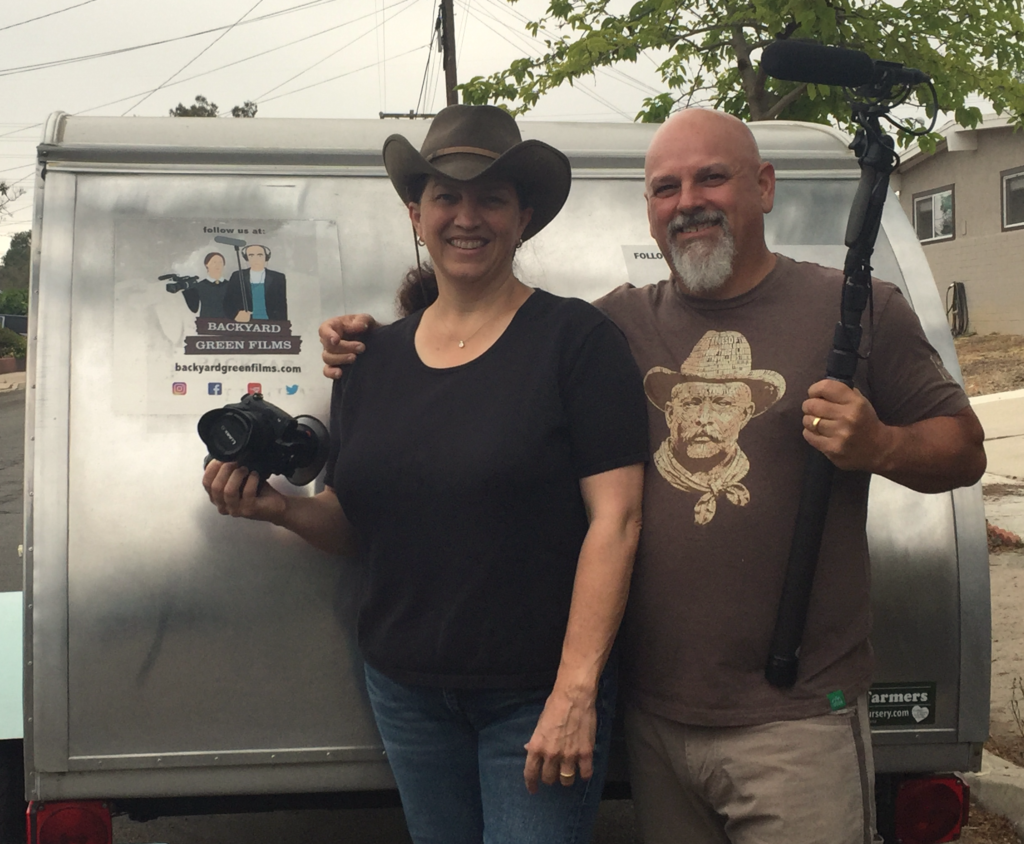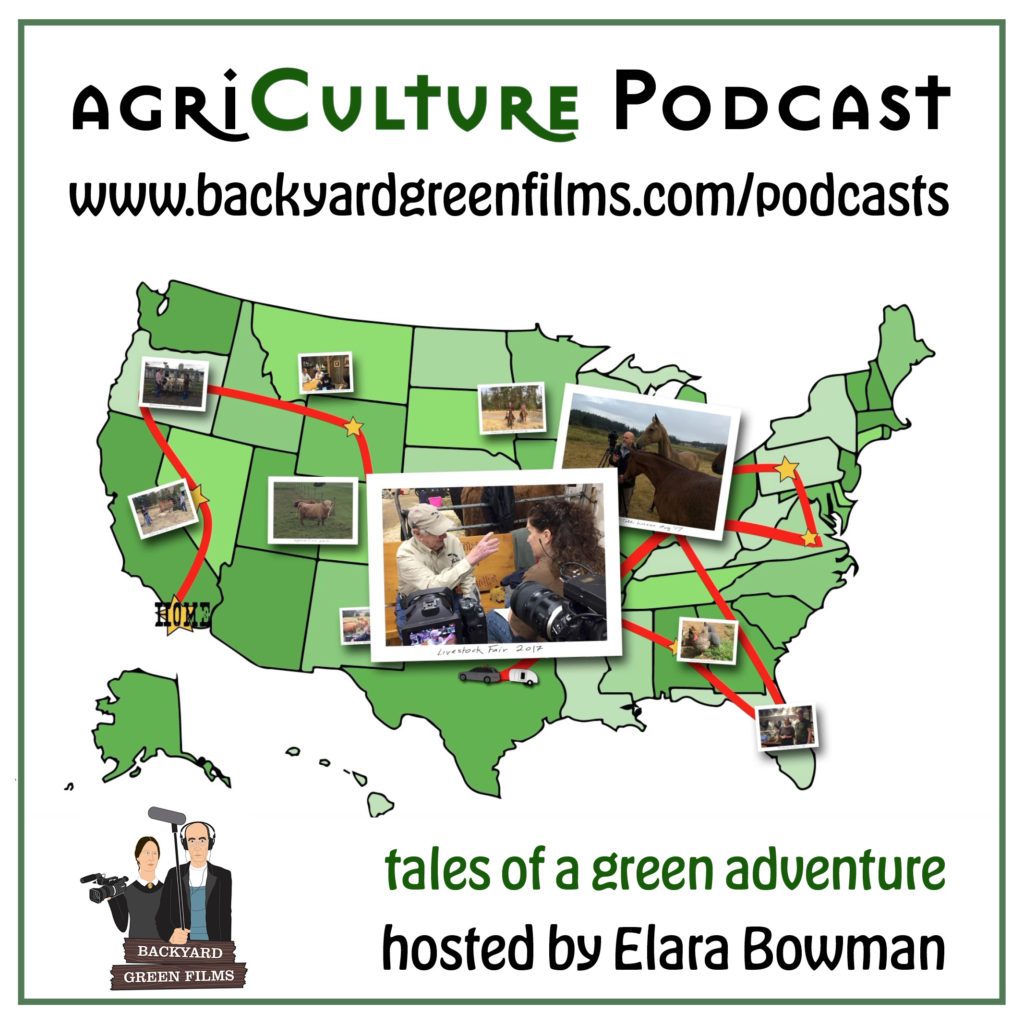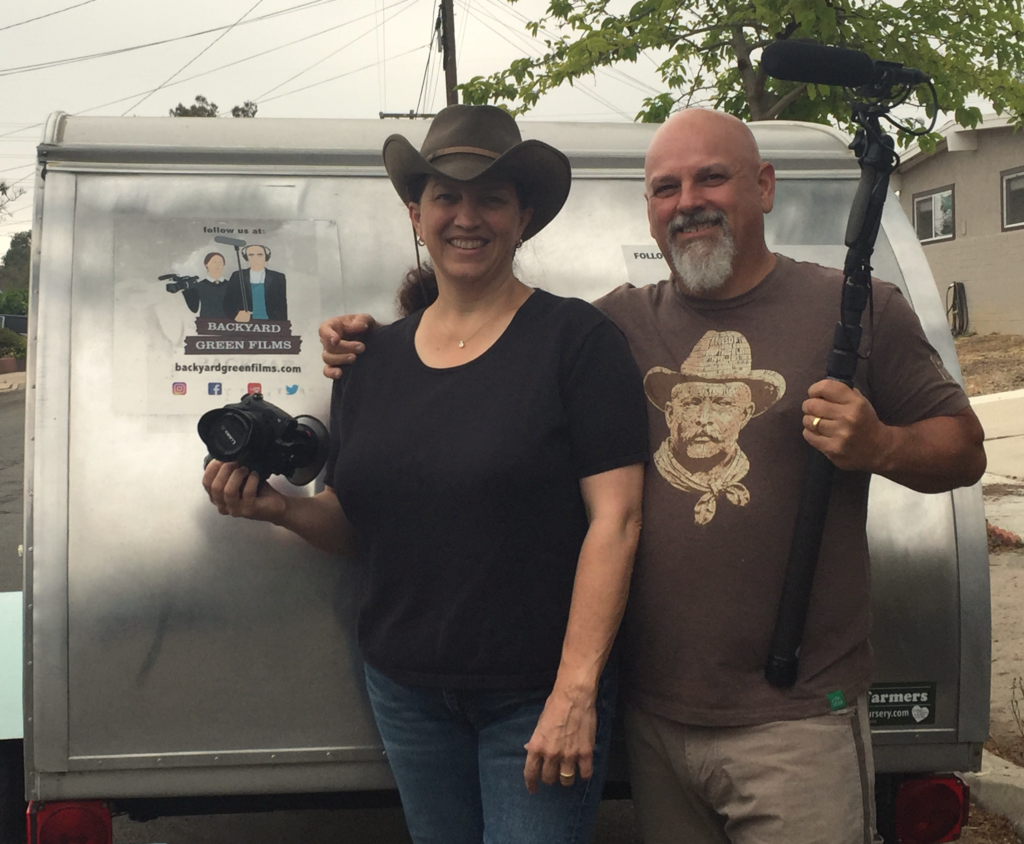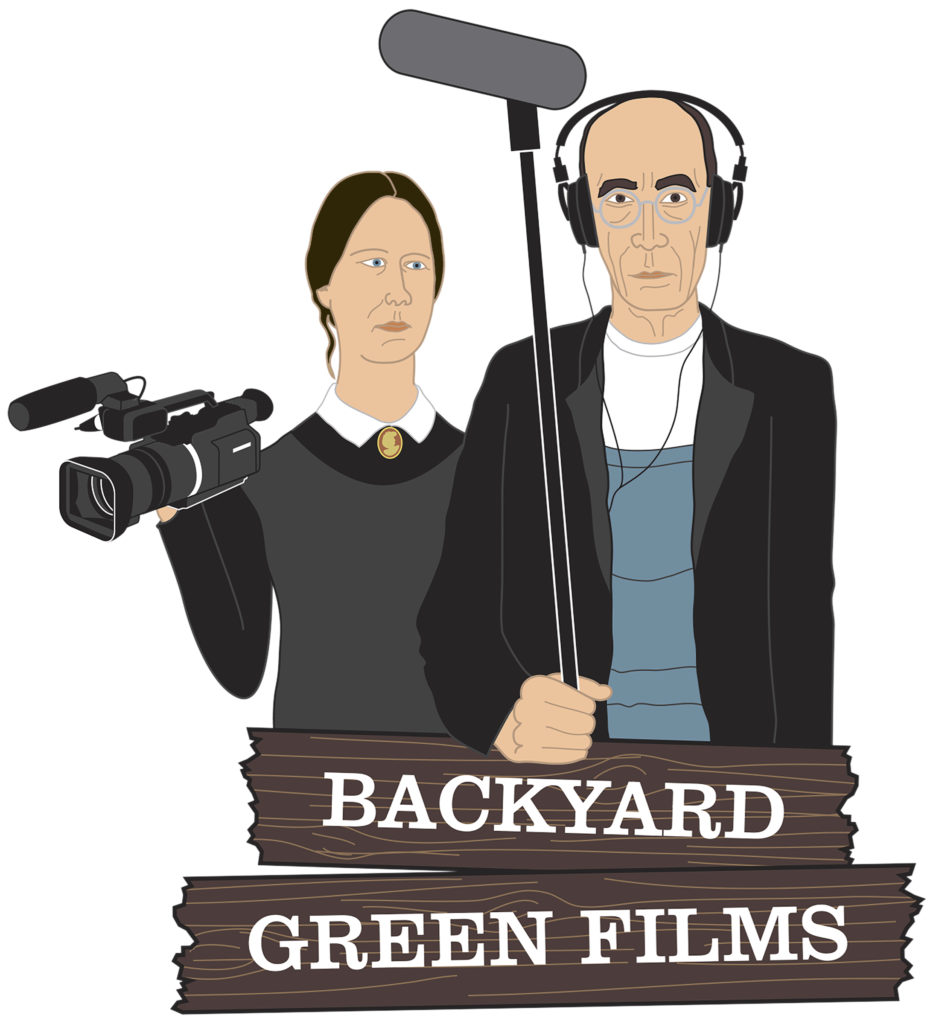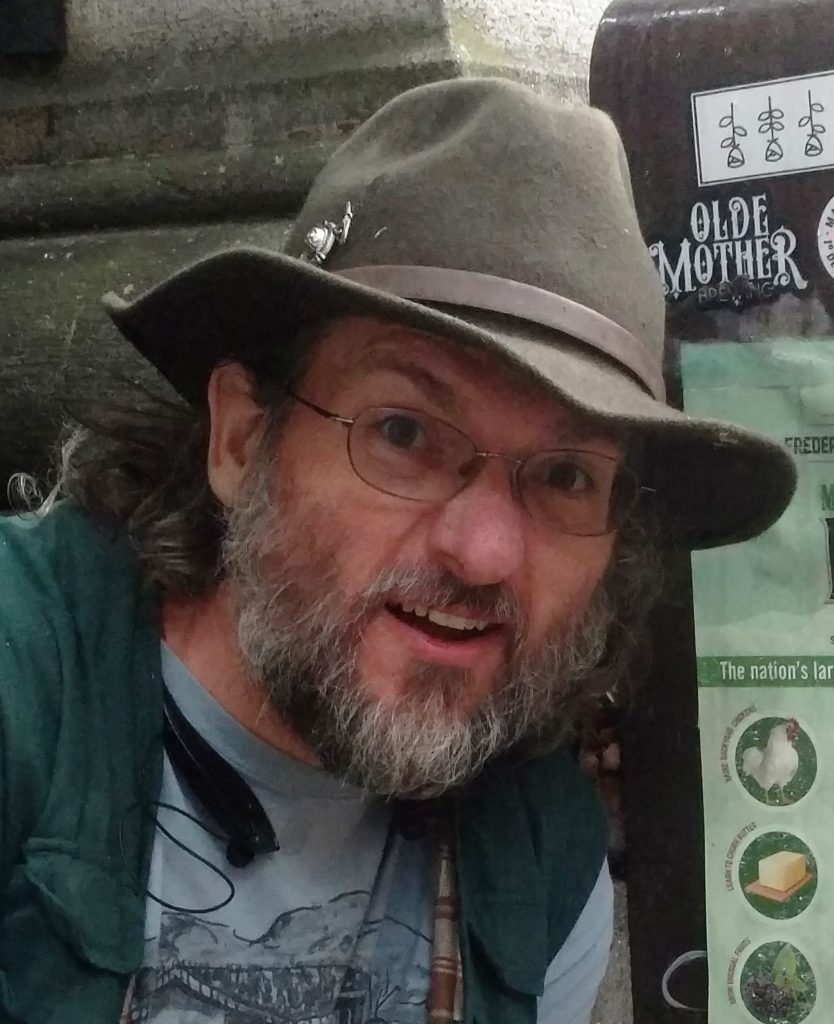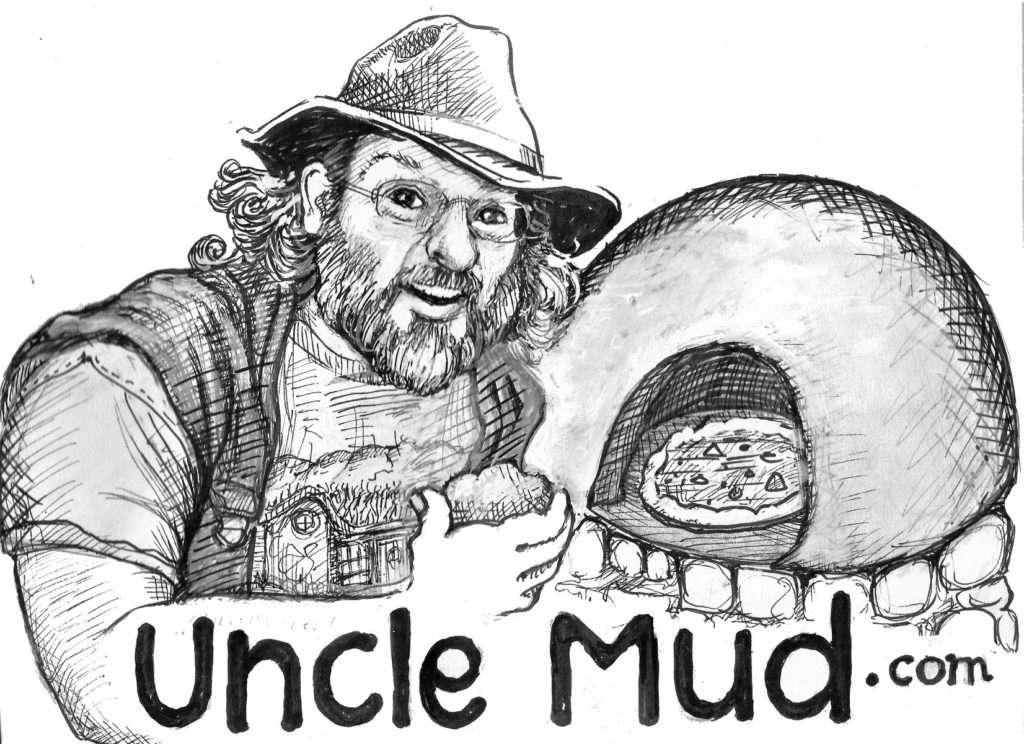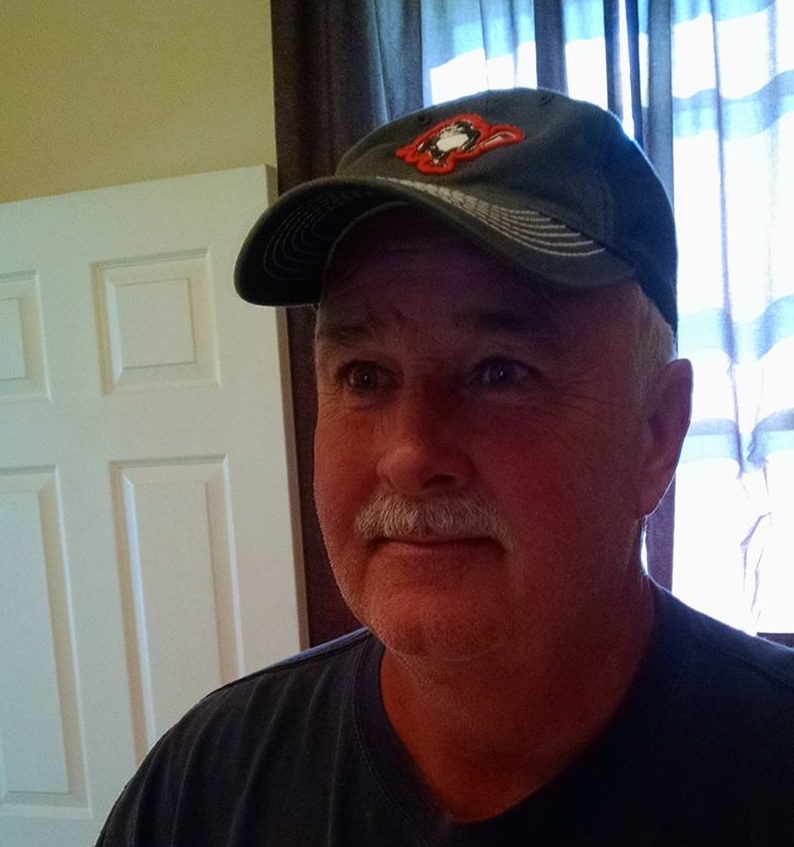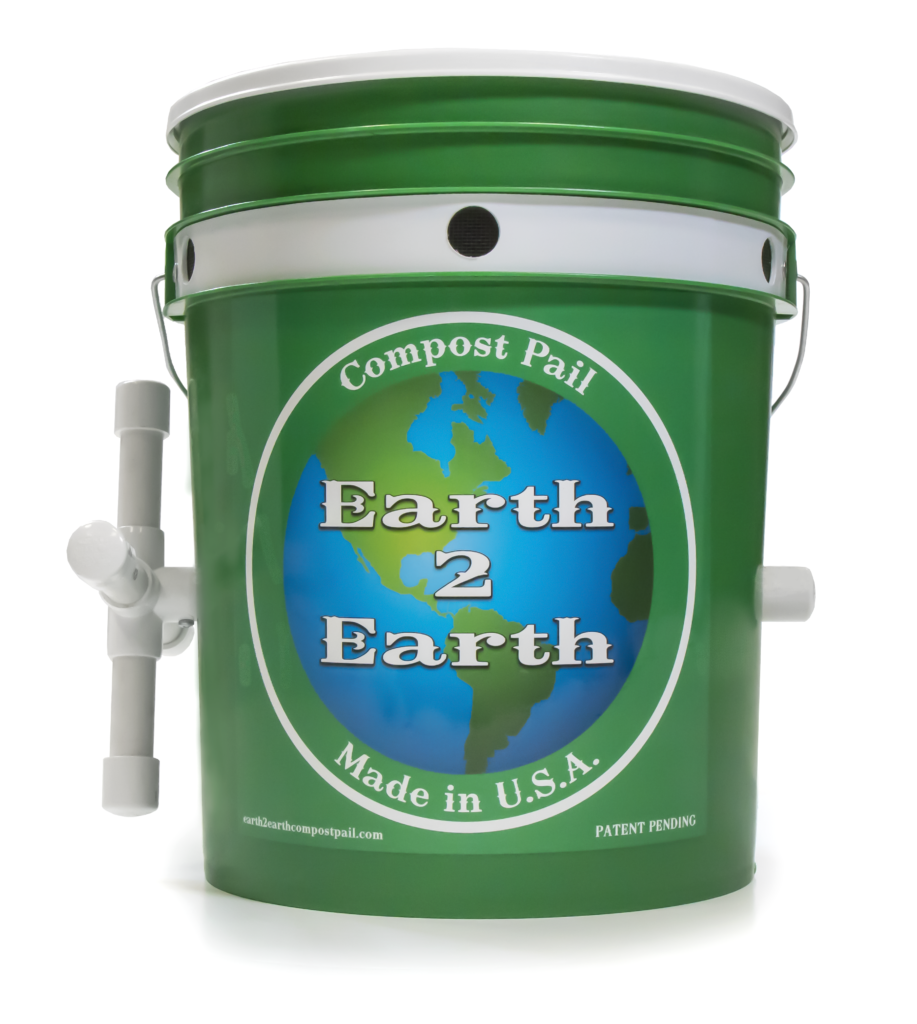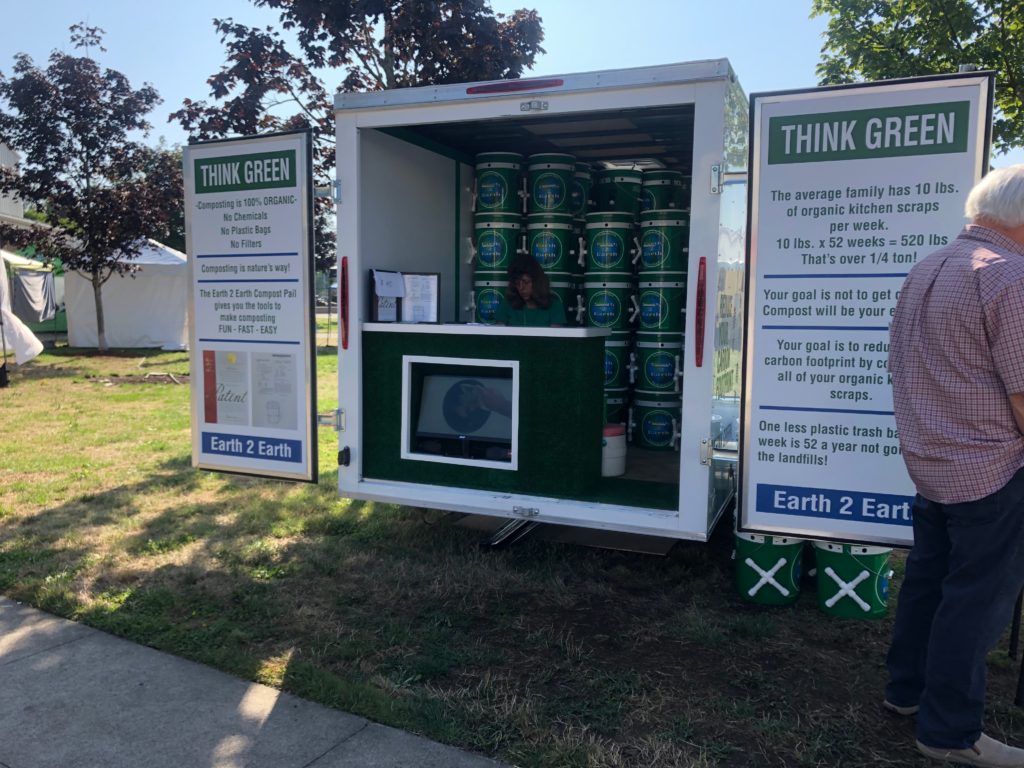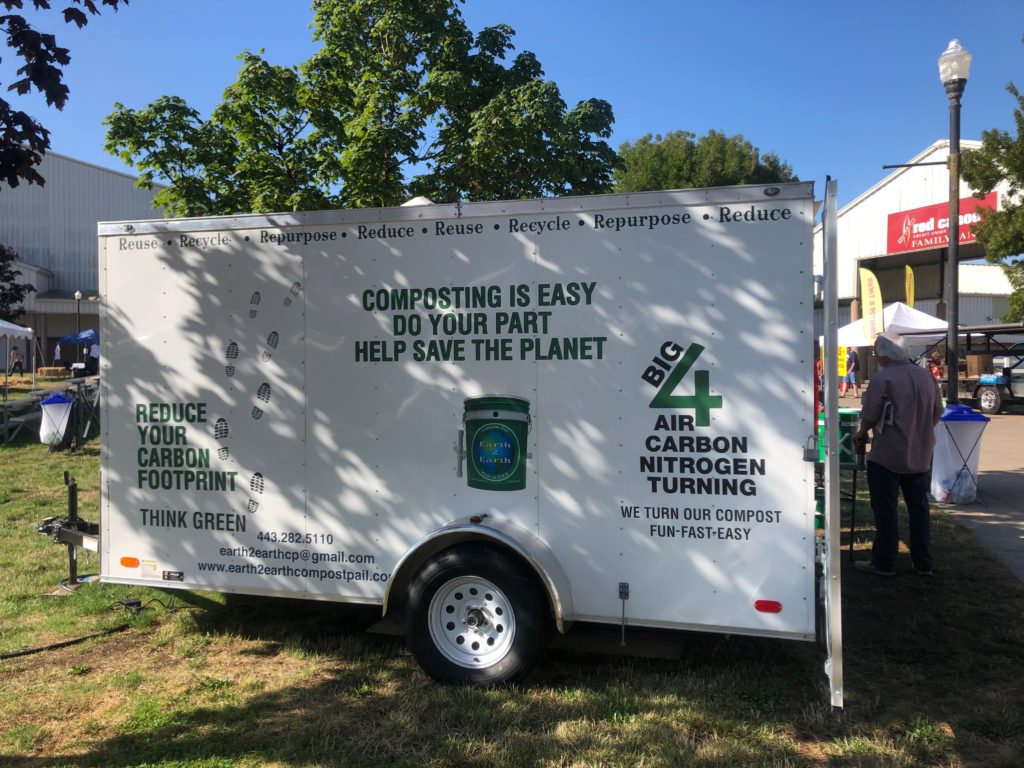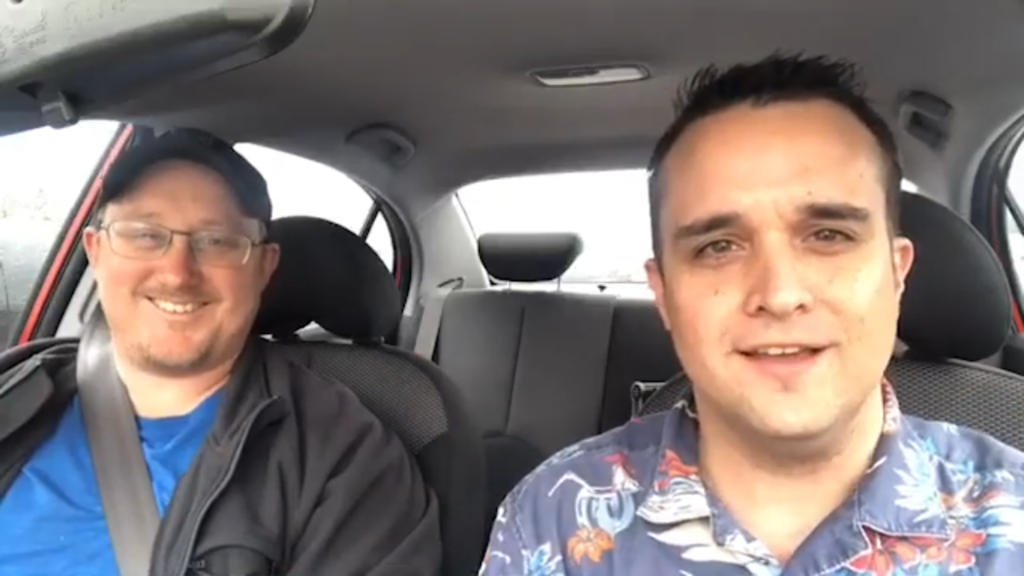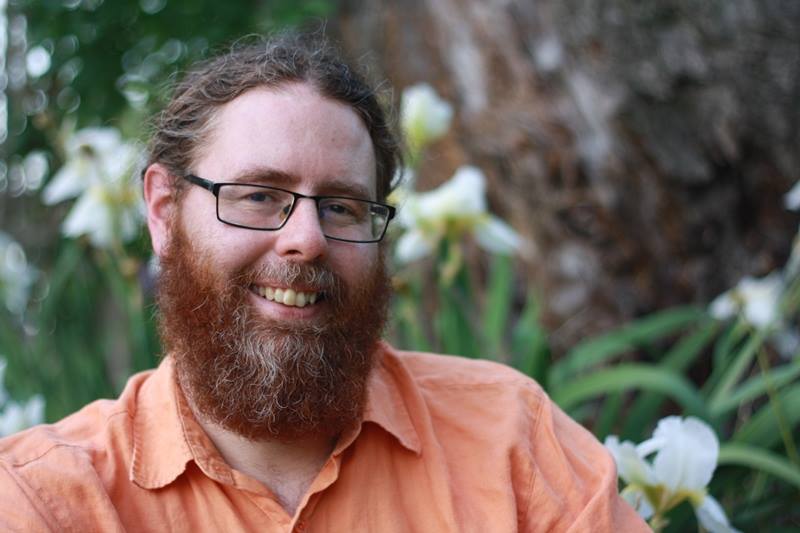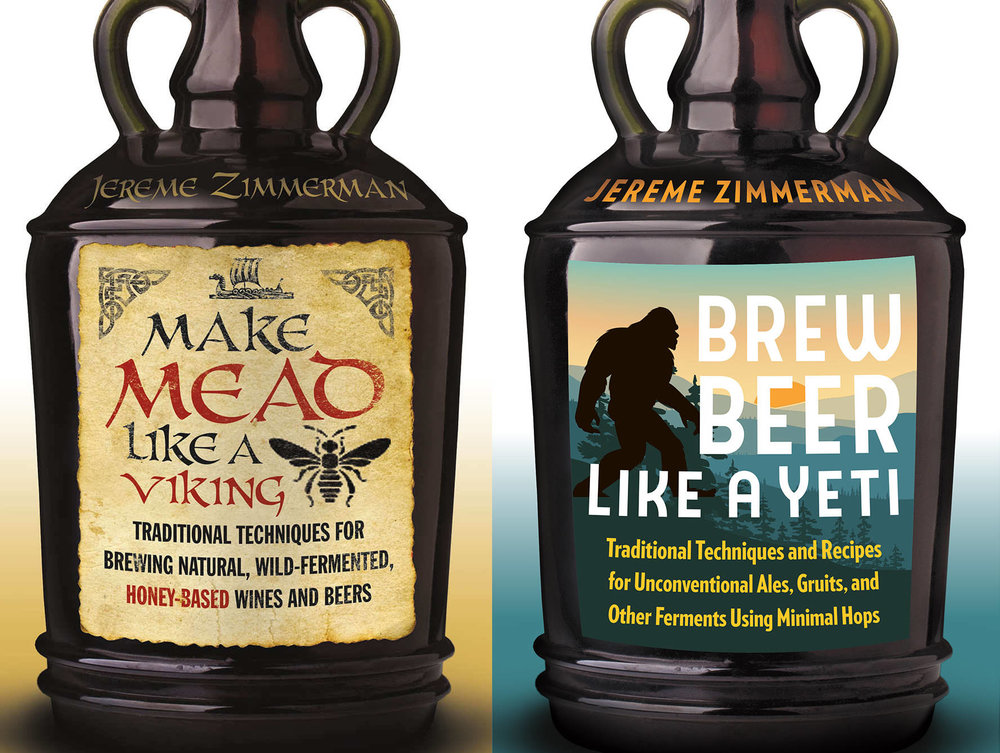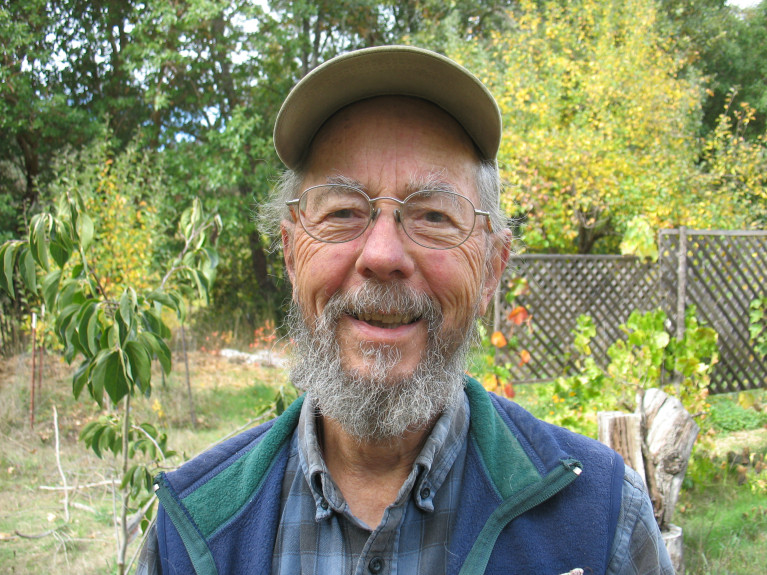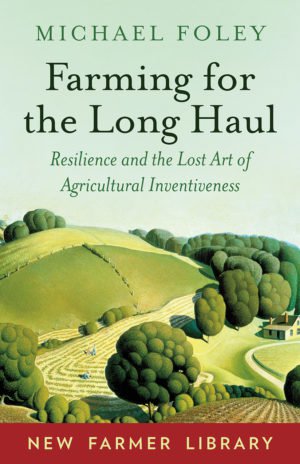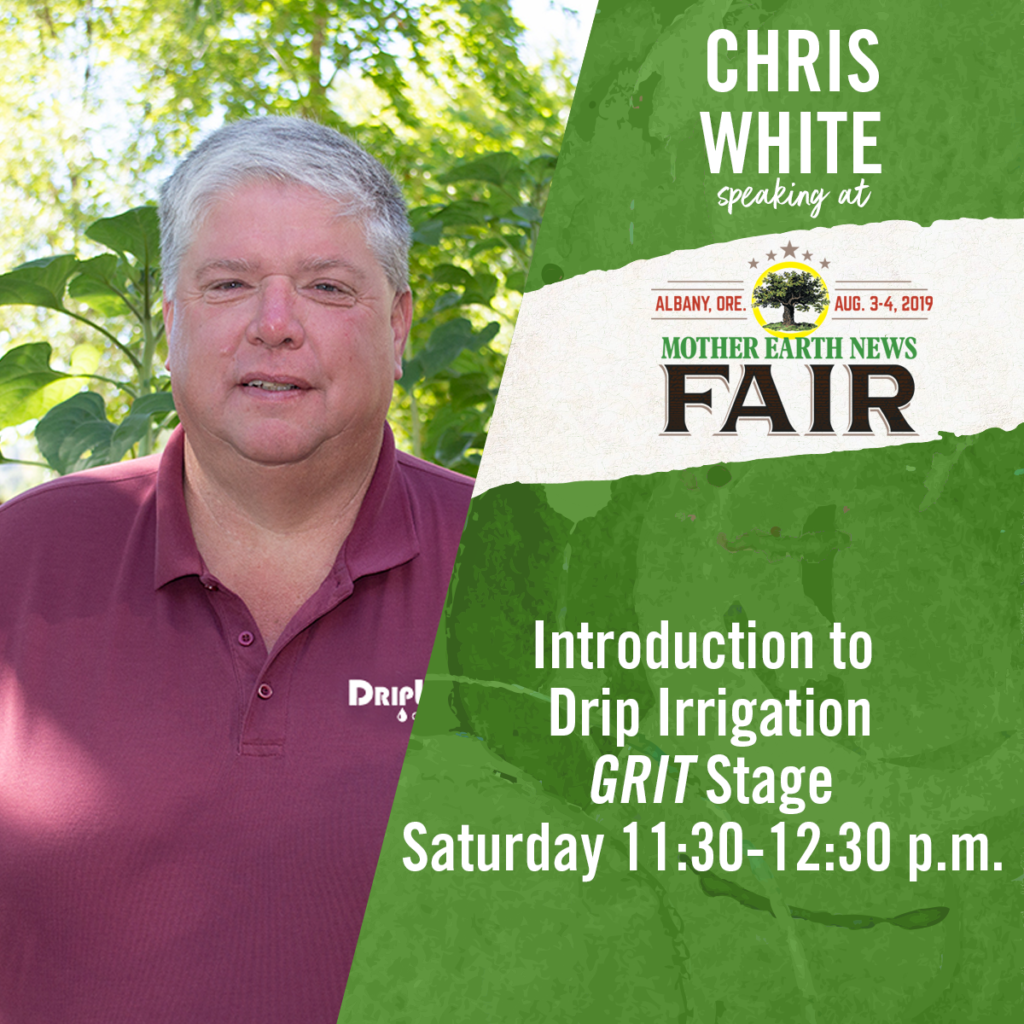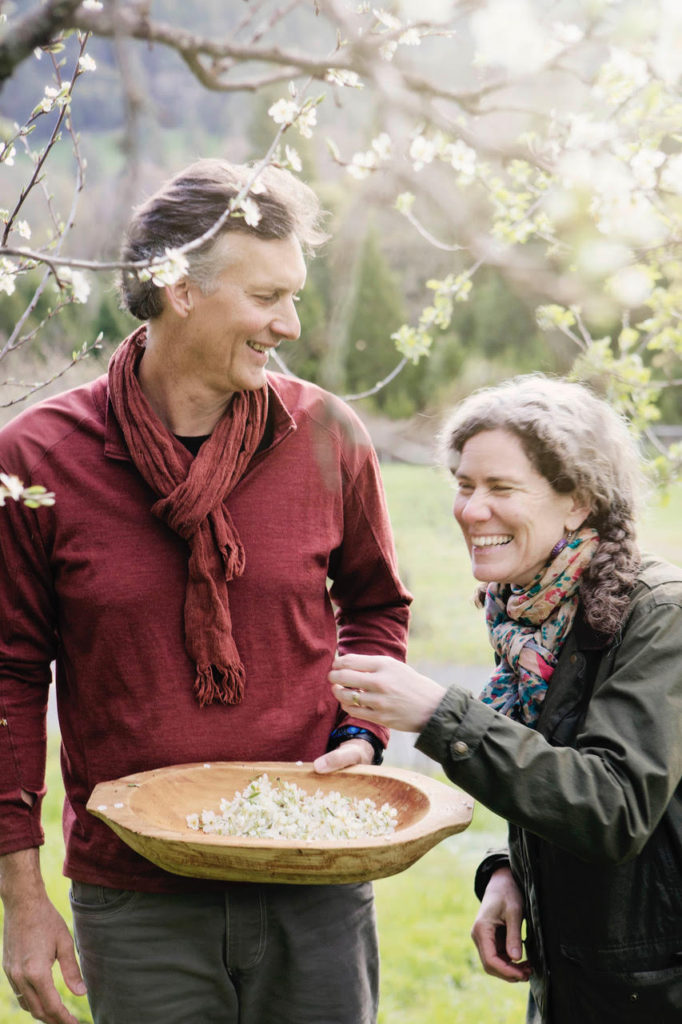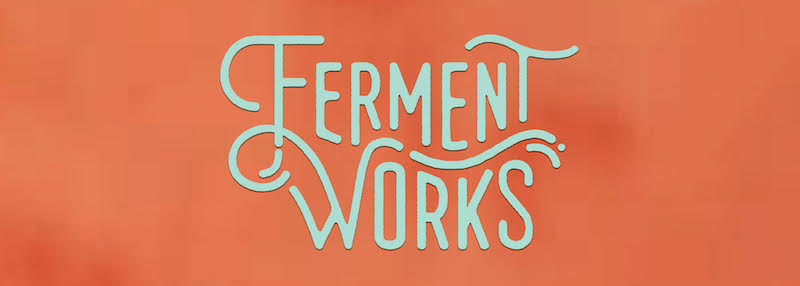Podcast: Play in new window | Download
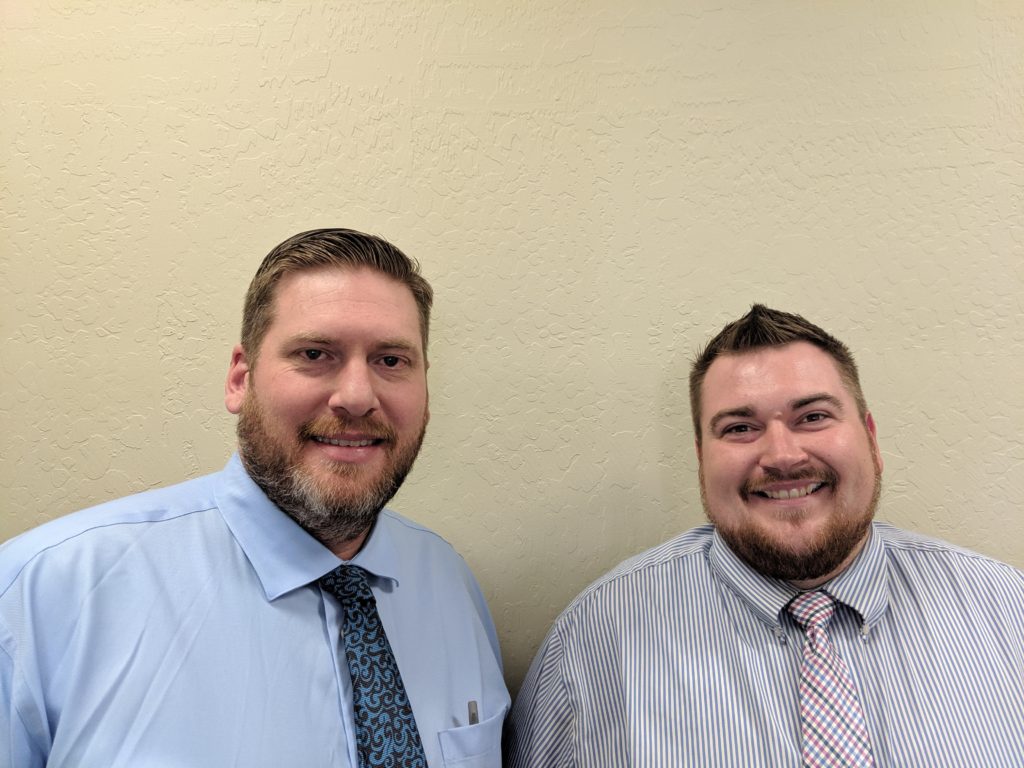
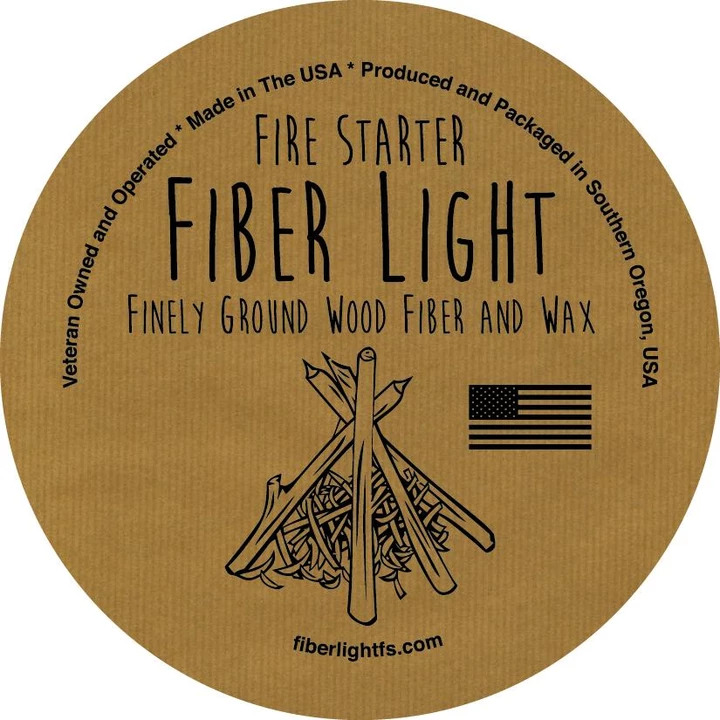
Episode 26.
What has been the ideas that have catapulted your business? Have you found them yet? Were they where you expected them to be?
Justin Lair is a United States Marine Corps Veteran who has created “one of the best Natural Fire Starters on the market .” John DeSpain, who met Justin while working in real estate, partnered with Justin and is helping expand the brand through trade shows, additional retailers and new products.
In our conversation we go over the obstacles, the wins and the future for Justin and John. Their journey is very unique, but the principles they discuss are helpful to any growing entrepreneur.
Listen Now!
- Find out more about Justin, John and Fiber Light Fire Starter: https://fiberlightfs.com/
Find out the business events secrets for growing and strengthening ANY company: http://brianjpombo.com/secrets/
Full Transcript
Justin: I knew that I wanted to start looking at big box retail. This was my first not my first business, but my first product, right?
So I had to learn a lot about how retail works. And I found out very quickly that buyers for big box retails, they don’t return phone calls, and they don’t return emails ever.
So I was determined to figure out how do I get ahold of these people?
And I found out that they spend most their time and attention at trade shows.
Podcast Intro: If you’re someone who refuses to go along to get along, if you question whether the status quo was good enough for you and your family.
If you want to leave this world better off than you found it and you consider independence a sacred thing.
You may be a prepper, a gardener, a homesteader, a survivalist, or a farmer or rancher, an environmentalist or a rugged outdoorsman.
We are here to celebrate you whether you’re looking to improve your maverick business or to find out more about the latest products and services available to the weekend rebel.
From selling chicken eggs online, to building up your food storage or collecting handmade soap.This show is for those who choose the road less traveled the road to self-reliance for those that are living a daring adventure, life off the grid.
Brian: Justin Lair is a Marine Corps veteran and entrepreneur moved from Southern California to Oregon four years ago.
Once in Oregon, he started, Fiber Light Firestarters. Two years after the start of Fiber Light, Justin met John DeSpain and brought him on as a business partner.
John, who moved to Oregon from the Bay Area at a young age, is a brilliant young entrepreneur heavily involved in the real estate business. Justin Lair and John DeSpain, welcome to the Off The Grid Biz Podcast.
Justin & John: Thank you. Thank you.
Brian: So besides what we heard in your bio, tell us a little more about who you are what you do.
Justin: Well, I’ll start my name’s Justin, appreciate you having us on the podcast.
It’s pretty exciting for us. Been a serial entrepreneur my whole life.
I started my first business when I was 15. That business inadvertently got shut down just because I went to the Marine Corps and my best friend who was my best partner at the time he went off to college and we so we shut the business down.
I spent my time in the Marine Corps and then came back home, which is my home is considered Southern California. Got married, we moved down to Orange County, me and my wife. We have two kids.
Started a couple other businesses during that time of my life.
All my previous businesses were service based businesses. The last business I had down there was a wood floor company, sold that company and ended up moving up here to Oregon.
And then the fiber Light started once I got up here, yeah, that’s pretty much where we’re at now.
John: I’m john, move to Klamath Falls, Oregon from the Bay Area when I was in the fifth grade, graduated from Klamath Falls, at Henley and had great role models growing up.
My father, my mom, just taking me down the right path. It was easy for me to kind of follow in their footsteps getting into some real estate and everything and then Justin came to me with a very awesome opportunity with Fiber Light.
We just kind of hit the ground running with it. I’m super stoked to be part of this company.
Brian: So for people that don’t know about what Fiber Light is, why don’t you give us a little bit of background?
Justin: Yeah, so Fiber Light, it’s funny, at trade shows we oftentimes, the customers are the people walking by the booth and they see the product, they have that moment of like, Wow, this is so simple.
Why didn’t I think of this? or How did you come up with this?
You know, I want to know the story. It’s not very exciting story, but it’s an interesting one that I find myself having to repeat rather often.
But it was kind of an accident down the street from my house is a very large wood mill, up here in Oregon.
There’s what, two or three wood mills here in our town, and we live in a tiny little town.
And there’s a wood mill that had waste product, which was a wood fiber and they just throw it away.
And from what I understand if it hits the ground to waste and they throw it away. And so as an entrepreneur, everything that comes to me everything I hear, I’m always thinking about, you know, is there a way to make money or way to turn that into a business?
So I saw this waste and I was like, man, there’s something I could do with that. I got the waste fiber and I started playing around with it, mixing it with some other stuff ended up turning into a really awesome fire starter.
Talking about fire starters, we’re talking about fire starting tools for outdoor hiking, hunting, camping, stuff like that.
Once I kind of discovered this thing that I had made, I then began the journey of figuring out if it was any good.
Owning several businesses throughout my life, I’m always very aware of the idea of like, dude, do I have an ugly baby? Or is it really a good looking baby?
So I didn’t want this to be my ugly baby. Needed to find out if if in fact, it was good, as good as I thought it was. That there was a market for it and that people would buy it.
I spent the first year going along that journey. And I sent it off to a lot of outdoor people that I knew spend time in the woods that I knew had experience with other firestarters. I got really lucky, I got in touch with a handful of outdoor YouTubers that are like you know, gear review YouTubers.
Sent it to them and got everybody’s feedback.
Everyone really liked it and kind of confirmed my ugly baby was not so ugly, ended up selling 36,000 cans of the Firestarter that first year.
And that really solidified the whole thing.
I started growing the business, essentially a fire tinder. I did not yet sell something that would that would light that on fire. I assumed that everybody who purchased it had their own way of lighting them on fire, obviously with matches or lighters, but I wanted to have a more dependable way to light it on fires.
I started doing research and finding the best supplier the best manufacturer of ferrocerium rods and which I feel like I did I basically contacted as many manufacturers of ferrocerium rods as I could.
Had them send me samples and I tested them all because, you know, by then I had Fiber Light on the market for a year and I was growing very fond of my product. I wanted to have a really good companion to it.
I didn’t want to have a really nice fire starter but a not so good ferrocerium rod to start it with, because I took it very seriously. And I believe I found the best manufacturer of ferrocerium rods.
Those are the same rods we have today.
And then I started just expanding with other fire starting tools, other things that I felt kind of went well with Fiber Light. You know, now we have a whole lineup of products that are really awesome fire starting tools.
Another kind of pushed for me to get the fairgrounds figured out was I knew that I wanted to start looking at big box retail.
This was my first not my first business but my first product right, so I had to learn a lot about how retail works.
I found out very quickly that buyers for big box retails, they don’t return phone calls and they don’t return emails ever.
And so I was determined to figure out how do I get ahold of these people and I found out that they spend most of their time and attention at trade shows. Because the trade shows they get to touch it, they get to feel it, they get to talk to you face to face.
Then I knew I wanted to go on a full like a national tradeshow tour that second year, but I wanted to go with more than just the can of Fiber Light.
So that’s another thing that pushed me to to get the ferrocerium rods and some other products.
That next year, I traveled to as many big trade shows as I could. I spent over six months on the road with my family. And we just went from trade show to trade show. And it was an amazing experience.
Anybody trying to bring a product to market that is a key factor.
It really took Fiber Light from being just something I was making in my garage, to like a real business.
I met a ton of very big outdoor people that I’m grown a lot of great friendships with big people in the outdoor industry.
I met a lot of the buyers and you know, Fiber Light came on the map at that point.
We’ve got a ton of exposure on YouTube and social media. It was just really all from that, six months I spent on the road at trade shows getting out there in front of the people. It was awesome.
And we still do trade shows today.
We, me and john, we do we try to do at least one big trade show a month.
We just had one this last weekend, we have another one coming up. That’s a really big one that we’re really excited about in the end of October.
And so, yeah, that’s kind of the history of Fiber Light.
And then if it wasn’t clear what fiber light is, again, we make different fire starting tools for outdoors hiking, camping, hunting, general survival preparedness, even like the occasional zombie apocalypse.
Brian: Excellent. You mentioned trade shows.
That’s how I originally heard about you was you guys were at the Mother Earth News Fair and Albany.
And Janice Cox was the one that alerted me to the fact that you were there and she wanted to make sure that we got in touch.
But I don’t think we ran across you. So it’s great to be able to see you here. What got you in touch with the Mother Earth News Fair. And is this your first year of doing that?
Justin: That was the first year of Mother Earth News. Can’t remember exactly how it came up.
But you know, whenever you go to a trade show, there’s always people there saying, hello, hey, there’s this other trade show that you guys would do really good at, you should check it out.
Somewhere along the way, Mother Earth News was brought up to me that it would be a good one for us to do. So it was on the list.
And I think we ended up missing that next year, which would have been not this past Mother Earth News Fair, but the year before we just end up missing that one. And so I knew that I wanted to do this one this year.
Brian: Excellent.
Justin: It’s always nice when we have a pretty good size, you know, well known trade show that’s not too far away from us.
Brian: Now, in terms of your long-term customer base, are you focused mainly on doing the wholesale end and getting it through them and having them put it in front of your end customer?
Or are you also looking for a direct relationship with customers?
Justin: At this point, it’s both. It initially started direct to customer again, it was first time ever in retail with a product, I had no idea what I was doing.
The only thought was, you know, put it on Amazon, get it in front of the biggest market that I could find.
It’s funny, I didn’t even have a website.
In the beginning, I was kind of intimidated by the idea of a retail website, because again, it was something I had never done before.
I had a domain name, which is still our domain name now, but it didn’t….this is so funny. It didn’t go to a website, if you went to the domain name and went straight to our Amazon page.
Then I kind of quickly got tired of the Amazon fees.
And I knew that I would direct people to my website and sell at full retail without having to worry about Amazon fees.
But I also I absolutely understand the value of Amazon and the size of the market there.
So I mean, we’re still on Amazon. So that’s how it started.
I was direct a customer through Amazon and then eventually through our own website, and then I started having a desire to want to sell in retail stores.
So I started pursuing that deal.
The other thing is, it’s really hard to ignore wholesale because the reality is, if we look at it now and we take the percentage of sales, retail sales of Fiber Light versus wholesale sales of Fiber Light. The wholesale side just completely destroys the retail side for us.
That approach actually came to me when I think like right after I started Fiber Light, the whole trend of the monthly subscription boxes was kind of exploding. And it was exciting.
It was a new thing and every market that you could think of was starting to have their own subscription box.
That was my first focus was contacting all the outdoor monthly subscription boxes and sending them you know, sample products, just so I could get into a subscription box and we’ve been in every single major outdoor subscription box and those are huge.
You’re looking at 10 to 20,000 pieces that go all out at once, directly to the customers hands and that really grew brand Fiber Light.
You know, gave us lot of exposure.
Another funny thing is, I remember, maybe three months in after I officially started Fiber Light, and I had the packaging. And again, this is at the time where we only sold just the the round tins of Fiber Light.
My first big wholesale order was the most obscure. I can’t even believe that I sold it. And they’re still a customer today, but it was to a radio show.
They sell a lot of survival products on their website. And I don’t even listen to the radio show.
I heard about it through a friend.
And then I ended up contacting them and they ordered 2,500 pieces and that was three months in. And that was my first big sale.
It was like, quite interesting. I didn’t even have the ability to manufacture that many. Like I didn’t have the manufacturing tools in place.
So I was doing it all by hand and it was I lost three fingernails during the process. It was interesting.
It forced us to move along quickly. It was awesome. Actually, I was pretty happy about that moment.
Brian: So besides all the wholesale opportunities you’ve had in the retailing via the Amazon, your website, the trade shows, are there any other forms of marketing that you’re doing on a regular basis, either online or offline?
Justin: We do social media. In the first year, first year and a half, maybe even like into the second year. I really spent a lot of time on Facebook.
And I would do like live broadcasts on Facebook and just kind of talk about our products and talk about competitors products.
I would even talk about just totally random stuff that had nothing to do with my company. That was fun.
I built up the Facebook group to a pretty decent size. And I spent a little bit of money on ads there.
I’m absolutely aware of how powerful social media is. We spend most of our time now on Instagram.
I don’t spend a whole lot of time on Facebook anymore. I don’t really know why that happened or how that happened.
I think what it was was before the trade shows, when I went on that trade show tour, I was heavy on Facebook and then I was just away from my home office traveling for that six months, and I just totally got away from Facebook.
And then when I got back, I was just kind of busy in a different way than I was before I left.
So the Facebook thing never really came back into my daily routine. And then my wife was always pushing me to that I should get on Instagram.
I did see during that time how Instagram is kind of becoming the new Facebook and a lot of ways for businesses. So I just started to spend a little bit more time on Instagram, but I’m still not very good at that, like consistency and stuff like that.
You’ll notice my Instagram posts really just kind of revolve around the trade shows that we do once a month. And that’s when I’m most active on there.
In between the trade shows I’m not super active on it.
But I’m very aware of how powerful social media is. And that’s one thing I would like to get better at.
We do have a marketing team that we’re ramping up to begin some very large campaigns both on social media and in traditional marketing. It’s just not happening, yet. But it’ll be happening soon.
Commercial Break: Okay, we’re going to pause the conversation right there. What you’re listening to right now is a special edition podcast. These episodes all have to do with the Mother Earth News fair in Albany, Oregon of 2019 at the time I’m recording this, we have learned so much about how to take advantage of events and I want you to be able to use this information in your own business.
Go to BrianJPombo.com/secrets.
We are going to be putting out helpful materials on how you can use events to grow your business.
When you go to this page, you will either see our latest programs or if you make it there early enough, you will see an email address, capture page, put in your email address and we will be sure and update you.
As soon as we get these out there, you’re not going to want to miss this. If you get in early enough, you can get a special deal. These are principles that never go away.
These programs will be based on the experience of people who have written books, spoken at the events or exhibited. They’re talking about how to use events, books, and speaking all to build your business.
That’s BrianJPombo.com/secrets.
BrianJPombo.com/secrets and now back to the conversation.
Brian: How would you describe like your ideal customer?
Justin: Ideal customer is, obviously an outdoor person, camper, hiker, hunter, survivalist.
We did PrepperCon two years ago and that was quite successful.
That pretty much encompasses at all, I mean, if they like camping or hiking, hunting, they totally get it.
It’s interesting because we started doing me and john, we just did a couple fairs. It was the first time I’ve ever done a fair and it was so surprising how different a fair was compared to like an outdoor show where everyone who’s there obviously loves the outdoors.
Brian: Yeah.
Justin: Or for example, like PrepperCon everyone there is like a prepper. And they want to buy gear and they want to, they all have the same mindset.
But when you go to a fair, you have every single demographic there.
And so it’s a lot more work at a fair. We’ve got to do a lot more demonstrations for people, you know, the light bulb to go off and people to understand what we’re showing them, as opposed to, you know, and an outdoor show that before we even start the demonstration, they already have a total understanding of what we’re doing.
Brian: Yeah.
Justin: Yeah, the two fairs that we just tried, they were just local fairs.
So I don’t imagine that we would travel very far to go to any other fairs, but we might continue to do the local fairs every year.
Brian: Excellent.
John: One thing that I’m really surprised about with the fairs and stuff like that is since we do live in Oregon, we do have quite a bit of snow and stuff like that.
There’s a ton of people that after you show them the demo, they do see amazing value about even just putting our product like in the glove box of their cars, something like that.
So if they do get stuck on a pass, and this last year, we had a pass that got shut down for 36 hours and people were stranded up at the top of the past with 72 trees across the highway. After that, people started to realize the value of having a reliable fire starter that can be lit when it’s wet, snowing and anything like that, that could possibly save their lives.
Brian: Oh, that’s very interesting, kind of a practical emergency prep end of things. That’s great.
Justin: Yeah, there’s definitely two types of customers.
You have the customer who they see it and they plan on using it like the next time they start a fire.
And like every time they start a fire from there on out, and then you have customers who they’ll be totally honest, are like, I can’t tell you the last time I started a campfire, like I we don’t camp like I don’t do this.
But when and if there is a time where I need to do it. This is going to be a great product for us.
And so you got those customers who aren’t planning on using it the next time they start a fire, and then they’re not planning on using it all the time, they’re planning on using it that one time that they desperately need a fire.
It’s a very useful tool for, you know, to get the job done. That’s another very good description of the two different types of customers.
Brian: What do you like best about your business and your overall industry?
Justin: Oh, that’s a good question. Let me think about that one really quick.
John: I know for me, I’ve always been into fishing and hiking, hunting, just outdoors in general. So the people that get an encounter at all the trade shows and everything, I can relate with all of them very well.
I just enjoy talking to them. And it’s just super easy to relate to our clients and the people that we sell to.
Justin: The other thing I think is really cool, is it’s something so simple as fire, but it’s also something so important as fire. A lot of people take fire for granted.
Because it’s so simple with the tools that we have or you know just, the different resources that you have now is with technology and things like that.
But when it’s real serious and you don’t have all your you know, you don’t have your home and all your tools at your disposal, and you’re forced to in a situation that you need fire. I think a lot of people would be surprised how many people don’t know how to make a fire with limited resources.
You know, in the right situation. Fire can be the most important thing in your whole entire life at that moment.
Our tools allow for that simple thing of fire that sometimes might not be so simple to be able to get it done. We oftentimes say in our demonstrations at trade shows it’s like a cheaters way to start a fire.
Super easy, takes all the frustration sometimes out of fire.
We hear it countless times over and over again.
Customers, a lot of times it’s wives complaining about the husband. Like last time when we oh my gosh, we should have had this with us camping last summer because Johnny couldn’t get a fire started for four hours.
John: And it’s nice because our product, it’s not cumbersome. Like it’s super easy to use to pack when you get right down to to it, fits inside the same size tin as what I altoids tin is. It’s not going to be bulky or big or add a lot of weight, you’re adding three ounces to your pack, which isn’t anything.
So it’s just super easy to carry, super easy to use, just all around convenient.
Brian: If you can change one thing about your business and industry, what would it be?
John: That’s tough.
Justin: That is tough. Because we’re pretty proud of it.
The industry is really strong. I find you know, I haven’t been in too many other industries. So I don’t have first hand experience, but it feels like the people who love the outdoors. It’s like a tight knit community.
We all love the same thing. We all you know, enjoy the same stuff.
The community is great, maybe just making buyers more accessible, but it’s more of a joke.
Brian: Anything about your day to day business life that you’d like to be different?
Justin: We need a bigger shop and we’re working on that.
We should be having a new shop in the next month or two just and that’s really actually a great problem to have, we only need a new shop because business is so great and we’re outgrowing the shop that we’re in.
John: And we did that quick too.
We moved into the new shop and what it’s been for five months, and we already outgrew the one that we got. Yeah. And then just a couple things on our side with a production. We have a couple little things that hold us up, but we’re also working with couple engineers to figure out our little slowdowns and make our process work a little bit more efficient.
Brian: Very cool. That’s excellent. That’s great to hear.
If we were to have you two back on the show, let’s say in a year and we looked back over the last 12 months, what would have had to have happened for you to feel happy with your growth?
Justin: You opened up a can of worms.
The next year is going to be unbelievable. Unfortunately, I can’t tell you about it.
Brian: Laughs.
Justin: I could tell you a little bit.
We have a new product coming out that we were hoping to be able to debut to the market this November, at the Outdoor Retailer show in Colorado, some things got held up and prototyping and we didn’t want to rush to the launch is very important to us to for it to go as smooth as possible.
So we are, we pushed back the launch till June of next year, which is the next Outdoor Retailer show that particular product.
We’re submitting for innovative product of the Year Award, we believe we have a really solid shot of getting that the most heaviest weighing factor in winning the innovative product of the Year award is environmental impact.
And our new product hits that harder than anything I’ve seen come out new in the outdoor industry.
I wish I could tell you more about it because I’m so excited about it.
It’s been something I’ve been working on for about two years.
And with Johnny coming on board. We’ve accelerated that process. We’ve gotten two prototypes back and we’re working on the third and final prototype right now.
We have an entire engineering and design to alongside with us helping us get this thing going.
It’s one of the most exciting things that is going to come to an outdoor world.
I know it’s so hard to even hear what I just said, because we’re such a little guy in the outdoor world, we make a little Firestarter out of wood fiber. But this is something totally different.
It’s absolutely related to what we do. It’s never been done before in the outdoor world.
The idea of that completely shocks me that this has never been done before.
It’ll be another one of those things that when you hear about it, and see it, you’ll be like, Oh, my gosh, why has this not been done before?
How is this gone, so many years?
Someone hasn’t come up with this concept yet.
Kind of like when Uber happened, and everyone’s like, Oh, my gosh, what?
That’s such a simple thing.
It’s one of those moments and it’s going to be a great moment, and that’s debuting next June at the Outdoor Retailer show. So next year, if we talked we would have gone past that and hopefully we’d have an innovative product the year award sitting here on the desk, and our lives will be completely different than what they are now.
Brian: What are the obstacles standing in your way of getting that award and moving forward with a new product?
Justin: There’s not too many. We’ve been overcoming them for the past two years, at least I have Johnny for the last year alongside with me.
So we’ve overcome a lot of them.
The last one is just finding the right manufacturer first is getting this final prototype exactly the way we want it. After that would be to find the perfect manufacturer for us.
And then the last thing we’ll just be launching, you know, we want that debut to go as perfect as possibly can for the market the rest of the market to instantly see what it is and how much of an impact it has.
I think about that all the time. I want people, that day, I envision this day in my mind all the time.
And the one thing I want to make sure we get right when somebody walks, they’re walking down the showroom floor, right I’m at Outdoor Retailer and they’re going past this booth and they’re going past that booth.
And then they come to our booth, that moment that they make eye contact with our booth.
The timeframe between the moment they make eye contact with us to the moment that the light bulb goes off in their head with I understand this, I want that to be as short as possible.
Definitely doable, and we got to make sure everything is perfect, but um, that’s really the obstacle.
Those are the three things prototype manufacturing, and that day at the show. And if all that stuff happens the way we’re expecting it to happen, yeah, we’re on our way at that point.
Brian: Awesome. Boy, that’s quite a tease. We gotta wait till June to find out. That’s amazing.
Justin: Yeah, the one thing you or any of the listeners can do. Our website FiberLightFS.com. You can also get there by going to FiberLightFirestarters.com.
Obviously, the fiber light FA is short for fire starter.
That’ll take you to the website down at the bottom of the website. You could sign up for the email list.
Me and John, we’re the only ones that run the website.
I don’t even know how to do like run an email marketing campaign.
So you’re not going to get spammed with a whole bunch of stuff.
So you don’t have to worry about that. But you could go to the website and join the email list. We do expect that everything is going to be ready for the product long before June. And then we’ll probably have some sort of a soft launch before Outdoor Retailer.
So yeah, we will send out emails and it’ll be on the website, what the product is, and we’ll launch it there. So that’ll be the way to learn about what we’re talking about the quickest.
Brian: Fabulous, a great lead in and a great way for people to keep in touch with you.
We’ll make sure we have a link in the description. Any final advice that you have for other aspiring business owners or current business owners or executives that may be in a similar position to you?
Justin: Yeah, I’ve got a lot of advice.
Um, first thing if anybody wants to pick my brain ask me questions about bringing a product from conception to market. I love that type of stuff.
I know that I had people help me along the way. And so I absolutely love to give back as much as possible.
I’m extremely transparent.
I’m not afraid of talking numbers talking about things about the business. The other thing I would say is find a mentor, find somebody who’s done it before and lean on them.
I think that’s really important.
Because you can get a whole lot more stuff done by asking somebody who’s already done it, then just you searching Google, try to figure it out yourself.
It’s not impossible. It’s, it’s very possible.
There’s a lot of tools and resources and things that I’ve stumbled upon or things that I’ve learned about that have helped bring this thing along as far as it’s come.
The idea of thinking out of the box in regards to like the subscription boxes, or little things like that is huge subscription boxes are always looking for new products to put in their boxes.
And it’s a very quick way for you to sell 15 to 20,000 pieces of whatever you’re selling.
And the great thing about subscription boxes is It’s not like as a retailer buying a bunch of your product to sit on their shelf, it’s already sold, your product is going to go in a box that’s already sold to the customer.
All the customers are going to receive that product, all 15,000 of them are going to go out.
So the subscription box is huge for a new company with a new product, trying to you know, spread the word and let people know about the business.
Subscription boxes are huge and subscription boxes are like every industry, you could get a subscription box for lipstick, you could get a subscription box for cologne, you could get a subscription box for shoes and watches and everything.
And so whatever your market is, their subscription boxes out there for that.
And those subscription boxes. That’s all they do every single month that it’s time to set up a new box and they need new products to go in that box.
So that was a big thing that helped us a lot.
But yeah, my email is on my website, you’re more than welcome to reach out to me. I’d be happy to you know, answer questions or give you some pointers and point you in some sort of direction that might help out. Yeah, that’s pretty much it.
John: What Justin and I always live by too, is we always tell each other, don’t talk about it, be about it.
Don’t just say you’re going to do something good. Get down there, get grinding and make things happen.
Don’t expect things to happen for you.
Justin: That’s actually….I’m so happy John said that because no joke. We tell each other that like on a daily basis, whether it’s in a text message, or whatever.
And so many things have happened because of that mindset. Whenever one of us is like, Oh, hey, I had an idea. I wanted to contact this company to see about this…
As one of us is saying that, the other person just looks at the other person and just says, we’ll just call them. What are we talking about this for?
You know, don’t talk about it, be about it.
That’s something we remind each other all the time, and so much has happened because you just make the phone call.
Brian: Fabulous. you’ve provided so much value to this episode. I know that anyone that listens to this is going to want to re-listen to it and be able to catch all those little tidbits.
I mean, there’s fabulous stuff. It just goes on and on.
There with Fiber Light Fire Starters. Justin Lair and John DeSpain, thanks so much for being on the Off The Grid Biz Podcast.
Justin & John: Appreciate it. Thank you so much.
Brian’s Closing Thoughts: Wow, that was some good conversation.
I bet if you go back and re-listen to that, you’ll hear so much of what we hear from other business owners, but also so much that you’ve never heard before.
It always amazes me how many people are able to find other elements that no one else is using anywhere near their market.
And Justin and John are certainly examples of that.
I love how they tested the feedback from their market as early as possible. Justin was discussing how he got it out there and got it in people’s hands, got them to try it out, got feedback directly from them sold directly to the customer as early as possible.
That is such important advice.
Anybody could use that, especially people that are starting right off the bat getting it directly in your customers hands, your ideal customer.
Especially when he was talking about trying to get into the big box retailers, talking about how buyers don’t return phone calls or emails. That’s a reality check for a lot of people who are just starting out trying to get the attention of buyers from retail locations. And it’s absolutely true.
I’ve seen it in my own situation. I’ve seen it in other people’s situations.
And a lot of times they’re caught / you’re caught off guard if you’re new to that field.
If you’re trying to get attention. If you’re doing any form of business to business, you will be amazed how little callbacks you get.
I mean it will it is amazing when you actually get a return phone call or return email or reply back. You will really know that you’re on track when you get that call back or that returned email, the conversation having to do with trade shows and how they’ve been able to use trade shows, especially in the outdoor niche in order to help them and having that be a key factor in building his business.
That’s a huge deal.
Knowing which ones to go after is the important thing though. As he said, he’s getting a different result from going to the Mother Earth News Fairs, as opposed to the outdoor specific trade shows.
This is something to take into account when you’re looking at events of any form, especially trade shows, fairs, things of that sort, and how the audience fits into what you’re attempting to sell them, whether it be a product and or service.
This is all things great questions to consider before you go out there and put your hard earned time and money behind trying to attract an audience via an event.
I think this is one of the first times we’ve had anyone discuss subscription boxes to such a huge extent and talking about that being a huge event in their business using subscription boxes.
Are there subscription boxes out there that could contain something from your business?
Even if you’re doing a service?
Can you offer some form of coupon or initial consultation?
Or what have you, whatever it is that you’re offering?
Can you productize it and shove it inside a subscription box inside to reach your ideal audience?
That’s a great idea and a great place that I think most people would never think of in a million years. How do you relate back with your clients?
Do you have the same attitude that Justin and John do, as this is our people, we understand them we’re outdoors, people like them, we know where they’re coming from, we know what they’re looking for next. And not only that, they’re so confident about that.
Our next product is going to hit that market so directly, that shows you people who really understand their customers.
On top of that, they mentioned the concept of awards, having your products or services win awards, that builds authority.
It builds trust with your marketplace, you’re looking to stand out that’s important to see what awards are available.
And some of that final advice that Justin mentioned about finding friends and mentors that can help you along through the process. I think if we ever talked to Justin again, I’d love to dig in and find out his story about who have been the friends and mentors that have helped him build his business and do it relatively consistently having consistent growth.
Love to see where they go from here and what their new product venture is.
That’s coming out soon.
What a great talk and look forward to seeing more from Justin and John at Fiber Light Firestarters.
Outro: Join us again on the next Off The Grid Biz Podcast brought to you by the team at BrianJPombo.com, helping successful but overworked entrepreneurs, transform their companies into dream assets.
That’s BrianJPombo.com.
If you or someone you know would like to be a guest on The Off The Grid Biz Podcast, offthegridbiz.com/contact. Those who appear on the show do not necessarily endorse my beliefs, suggestions, or advice or any of the services provided by our sponsor.
Our theme music is Cold Sun by Dell. Our executive producer and head researcher is Sean E Douglas.
I’m Brian Pombo and until next time, I wish you peace, freedom, and success.
